P19 UPDATE
New rules, new technologies: why Europe's payment landscape is on the verge of a turning point
 >
>
The transformation of payment transactions is in full swing. The zeb Payment Study 2025 shows that digital payments are on the rise, while cash is being used less and less. At the P19 Payment Circle, participants discussed how banks, businesses and consumers can actively and safely shape this transformation.
Vienna, 21 March 2025 – Europe is paying differently – and this is opening up new opportunities for businesses and consumers. Digital payment methods are booming, new providers are entering the market, and regulations such as PSD3 and the digital euro are creating scope for secure and modern payment processes. But how is this change affecting everyday life? At the Payment Circle organised by Initiative P19 in cooperation with zeb consulting, Nikola Jelicic, partner at zeb, and other experts from the banking, payment and business sectors discussed current developments and solutions for the future of payments.
The focus was on the Payment Study 2025 by zeb consulting – a leading management consultancy specialising in strategy, digitalisation and transformation for the financial sector. The results show that digital payment methods continue to grow, while cash is losing importance across Europe. By 2027, the European market for retail payments will grow to a volume of 105 billion euros. Providers on the merchant side – i.e. companies that provide payment processing and acceptance for the retail and service sectors – will benefit particularly from this. Banks on the consumer side, on the other hand, face the challenge of realigning their business models in order to remain competitive in the growing market. Nikola Jelicic, partner at zeb, emphasises: ‘Change is an opportunity. Those who invest in digital solutions early on will benefit in the long term. In addition to credit cards, account-to-account payments and digital wallets are becoming increasingly relevant.’
New rules create new opportunities
With the Payment Services Directive 3 (PSD3) and the Payment Services Regulation (PSR), the EU is laying the foundation for greater security and transparency in payment transactions. This opens up new opportunities for banks and payment service providers to promote innovative services and modern security solutions. The introduction of instant payments is also driving this change and supporting the development of efficient digital infrastructures. The digital euro could complement this development in a meaningful way and further strengthen confidence in digital payment processes. Although details of its implementation are still unclear, many see it as an important impetus. Nikola Jelicic continues: ‘New regulations such as instant payments create important incentives for innovation. The decisive factor is how banks and companies use these opportunities to make their services even better and more secure for their customers.’
Despite technological innovations, trust remains crucial in payment transactions. Many are wondering what role banks will play in the future in a world dominated by wallets, big tech companies and new providers. The zeb Payment Study 2025 shows that banks need to reposition themselves in order to remain relevant. Nikola Jelicic sees this as the biggest challenge: ‘While many believe that banks are becoming less important due to increasing digitalisation, there are great opportunities to stand out from the competition through excellent customer service and innovative solutions. Those who invest in strong customer loyalty will continue to play a central role in a digitalised payment and banking world.’
Payment of the future: automated, secure and customer-centric
The future of payment transactions will be determined by a combination of regulation, market changes and technological innovations. The zeb Payment Study 2025 shows that banks, merchants and payment service providers are increasingly relying on artificial intelligence, automation and real-time payments. Biometric security solutions and the integration of digital wallets into existing platforms are shaping the new standards in payment. The trend is clearly moving towards automated processes that are barely noticeable to consumers and make everyday life easier. P19 initiators Birgit Kraft-Kinz and Roland Toch conclude: ‘The financial industry is undergoing an accelerated transformation – and this is exactly where P19 comes in: we want to help actively shape this change and make payment transactions more modern, secure and convenient for everyone involved. Those who take the right steps now will also play a strong role in the digital payment world.’
Vienna, 21 March 2025 – Europe is paying differently – and this is opening up new opportunities for businesses and consumers. Digital payment methods are booming, new providers are entering the market, and regulations such as PSD3 and the digital euro are creating scope for secure and modern payment processes. But how is this change affecting everyday life? At the Payment Circle organised by Initiative P19 in cooperation with zeb consulting, Nikola Jelicic, partner at zeb, and other experts from the banking, payment and business sectors discussed current developments and solutions for the future of payments.
The focus was on the Payment Study 2025 by zeb consulting – a leading management consultancy specialising in strategy, digitalisation and transformation for the financial sector. The results show that digital payment methods continue to grow, while cash is losing importance across Europe. By 2027, the European market for retail payments will grow to a volume of 105 billion euros. Providers on the merchant side – i.e. companies that provide payment processing and acceptance for the retail and service sectors – will benefit particularly from this. Banks on the consumer side, on the other hand, face the challenge of realigning their business models in order to remain competitive in the growing market. Nikola Jelicic, partner at zeb, emphasises: ‘Change is an opportunity. Those who invest in digital solutions early on will benefit in the long term. In addition to credit cards, account-to-account payments and digital wallets are becoming increasingly relevant.’
New rules create new opportunities
With the Payment Services Directive 3 (PSD3) and the Payment Services Regulation (PSR), the EU is laying the foundation for greater security and transparency in payment transactions. This opens up new opportunities for banks and payment service providers to promote innovative services and modern security solutions. The introduction of instant payments is also driving this change and supporting the development of efficient digital infrastructures. The digital euro could complement this development in a meaningful way and further strengthen confidence in digital payment processes. Although details of its implementation are still unclear, many see it as an important impetus. Nikola Jelicic continues: ‘New regulations such as instant payments create important incentives for innovation. The decisive factor is how banks and companies use these opportunities to make their services even better and more secure for their customers.’
Despite technological innovations, trust remains crucial in payment transactions. Many are wondering what role banks will play in the future in a world dominated by wallets, big tech companies and new providers. The zeb Payment Study 2025 shows that banks need to reposition themselves in order to remain relevant. Nikola Jelicic sees this as the biggest challenge: ‘While many believe that banks are becoming less important due to increasing digitalisation, there are great opportunities to stand out from the competition through excellent customer service and innovative solutions. Those who invest in strong customer loyalty will continue to play a central role in a digitalised payment and banking world.’
Payment of the future: automated, secure and customer-centric
The future of payment transactions will be determined by a combination of regulation, market changes and technological innovations. The zeb Payment Study 2025 shows that banks, merchants and payment service providers are increasingly relying on artificial intelligence, automation and real-time payments. Biometric security solutions and the integration of digital wallets into existing platforms are shaping the new standards in payment. The trend is clearly moving towards automated processes that are barely noticeable to consumers and make everyday life easier. P19 initiators Birgit Kraft-Kinz and Roland Toch conclude: ‘The financial industry is undergoing an accelerated transformation – and this is exactly where P19 comes in: we want to help actively shape this change and make payment transactions more modern, secure and convenient for everyone involved. Those who take the right steps now will also play a strong role in the digital payment world.’

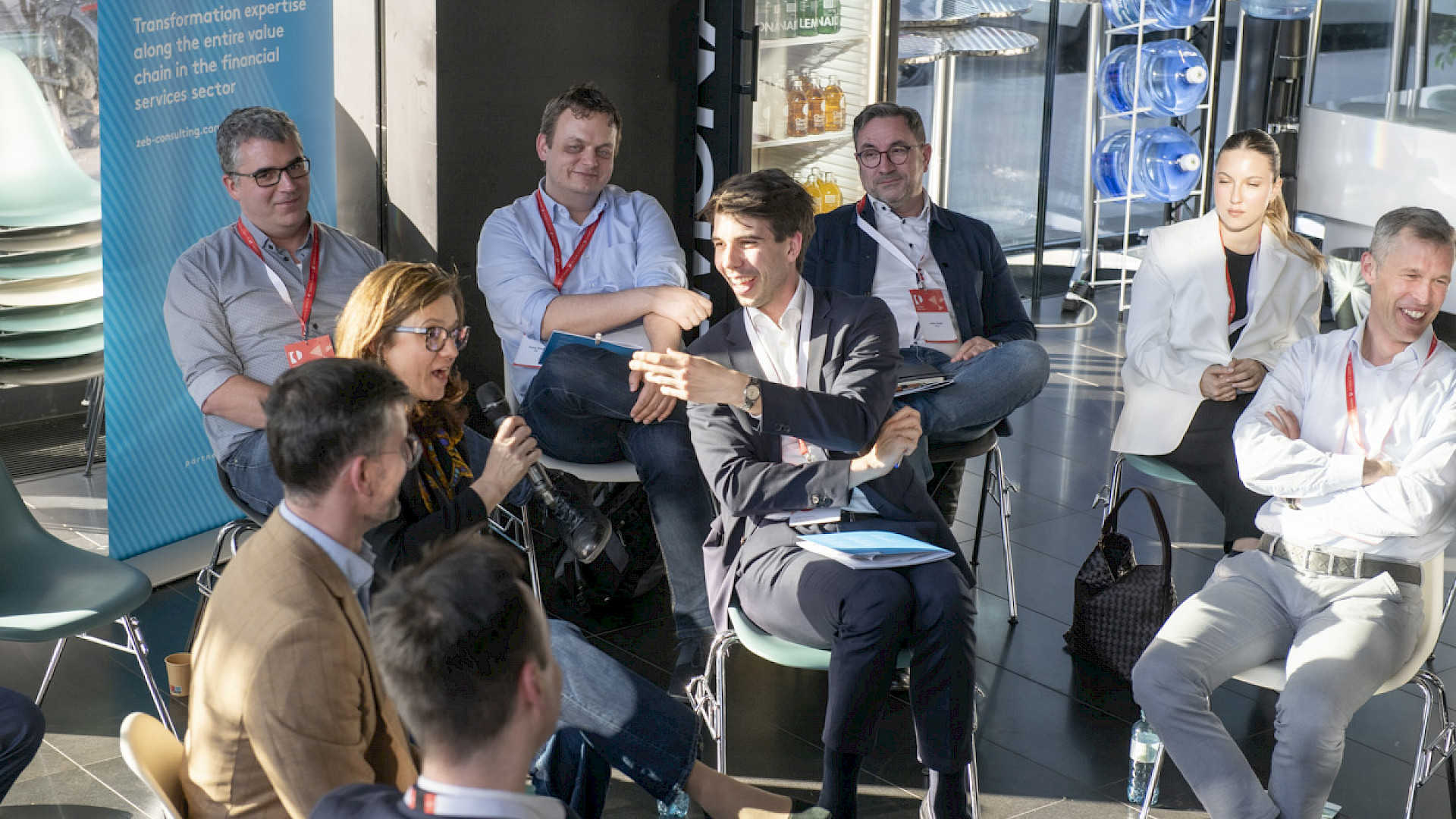
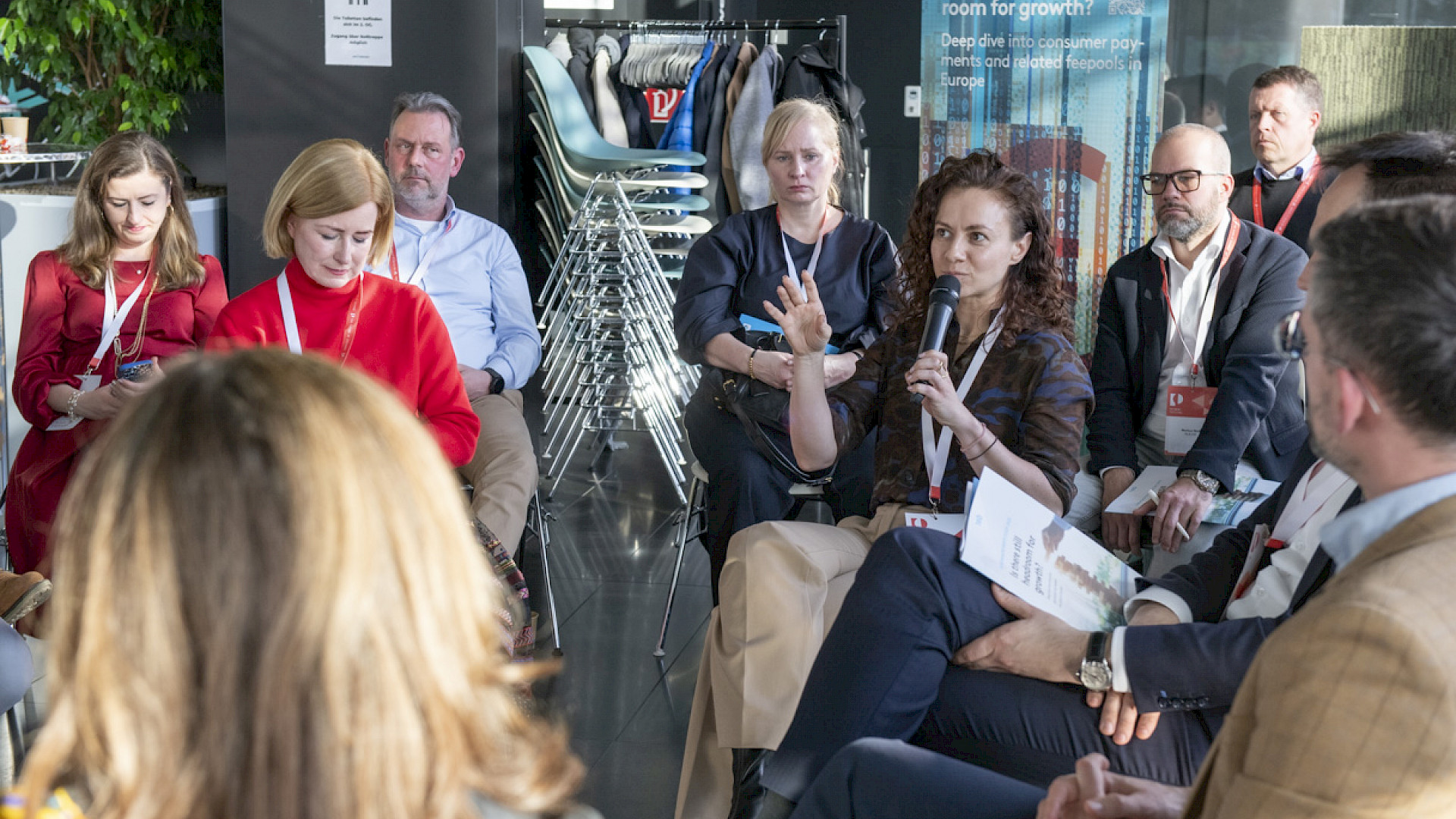

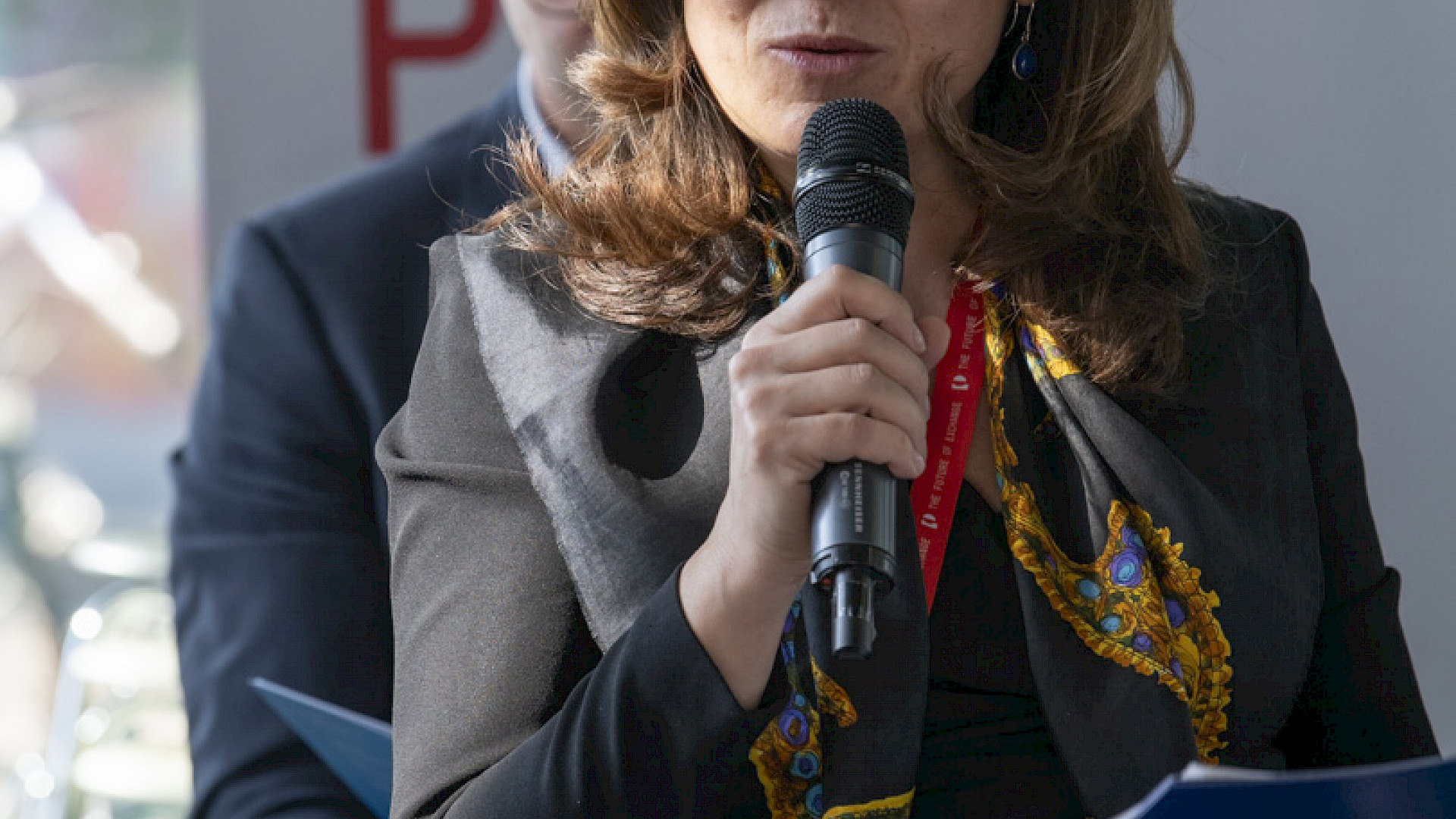

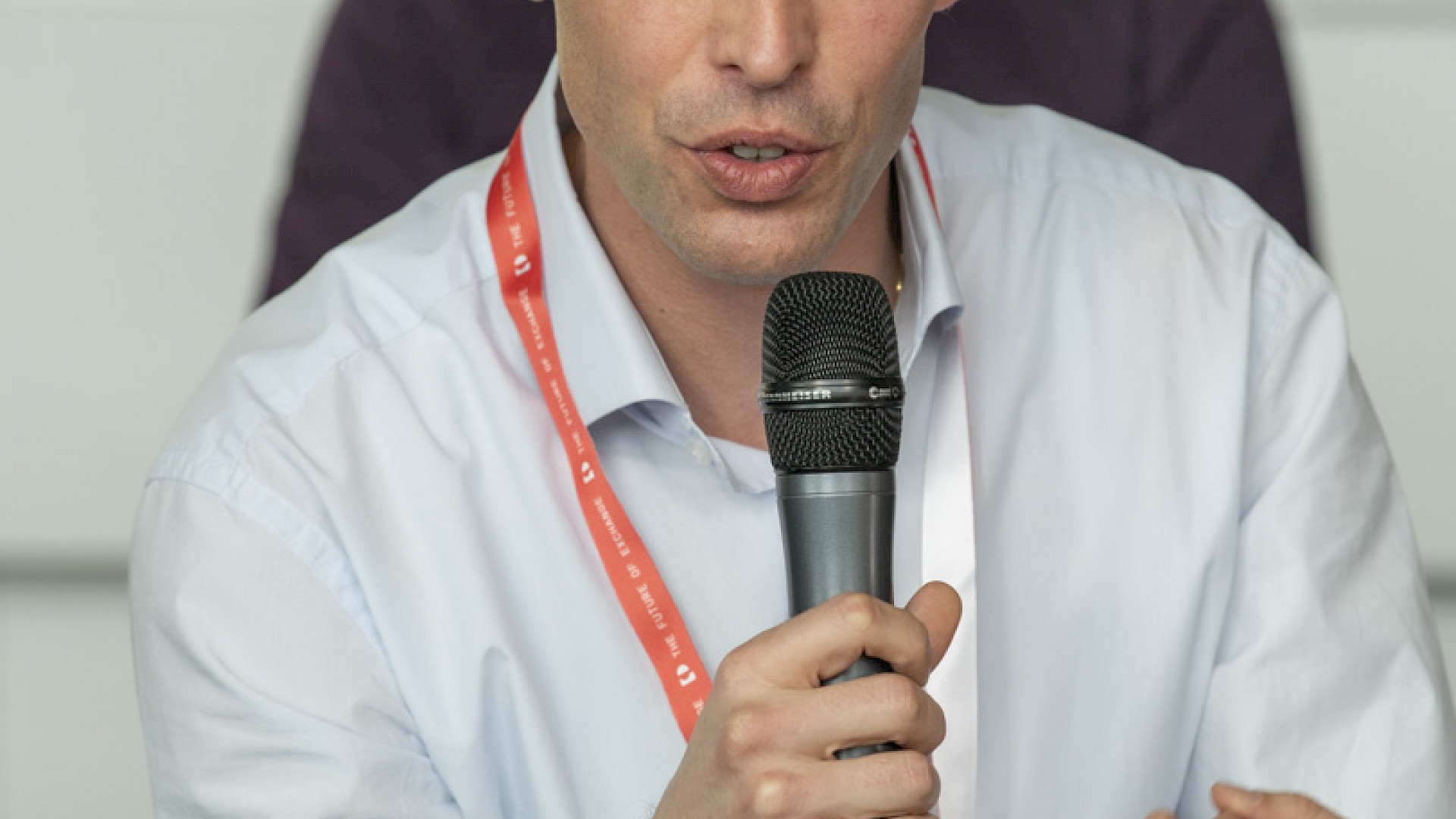

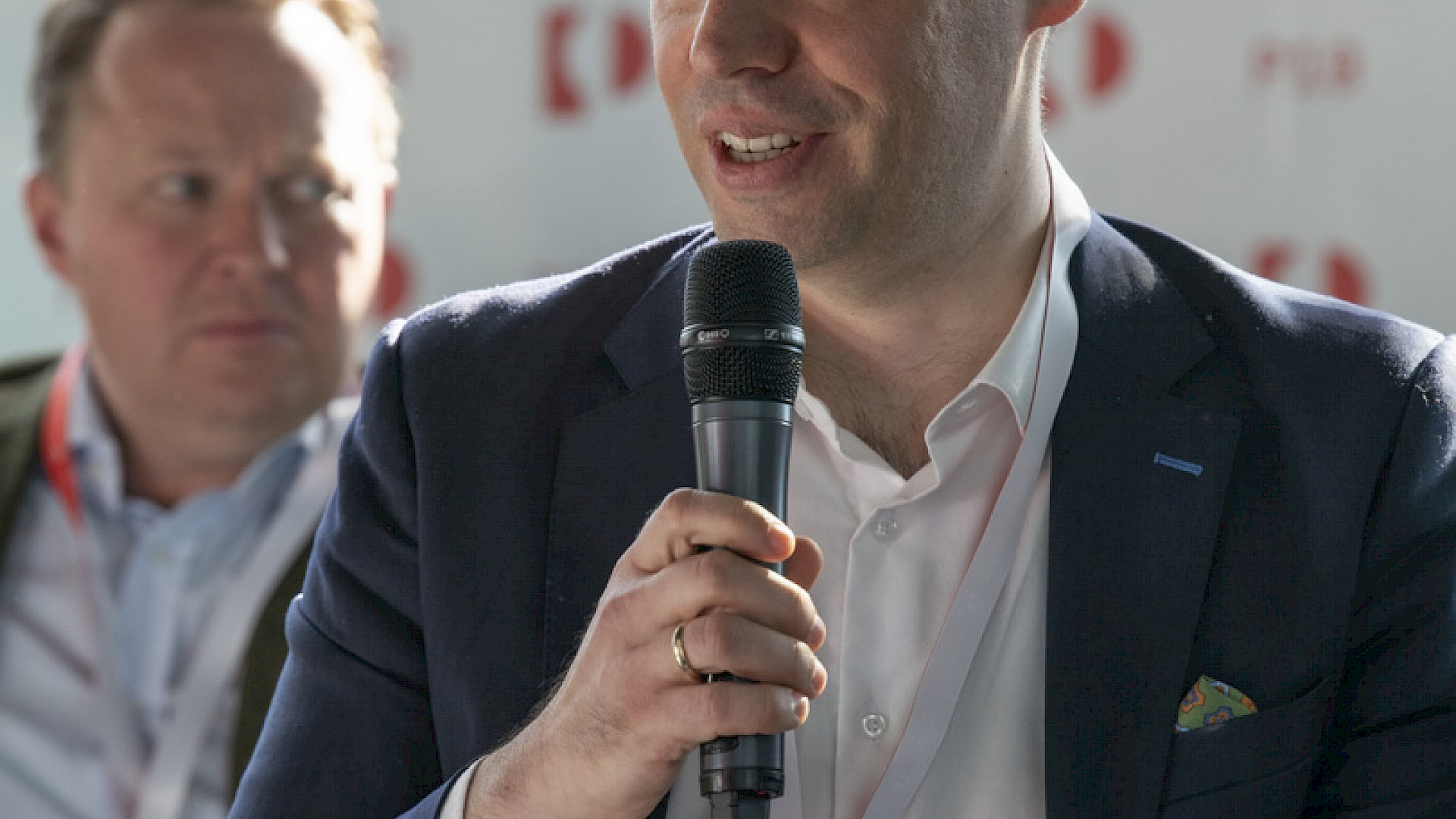

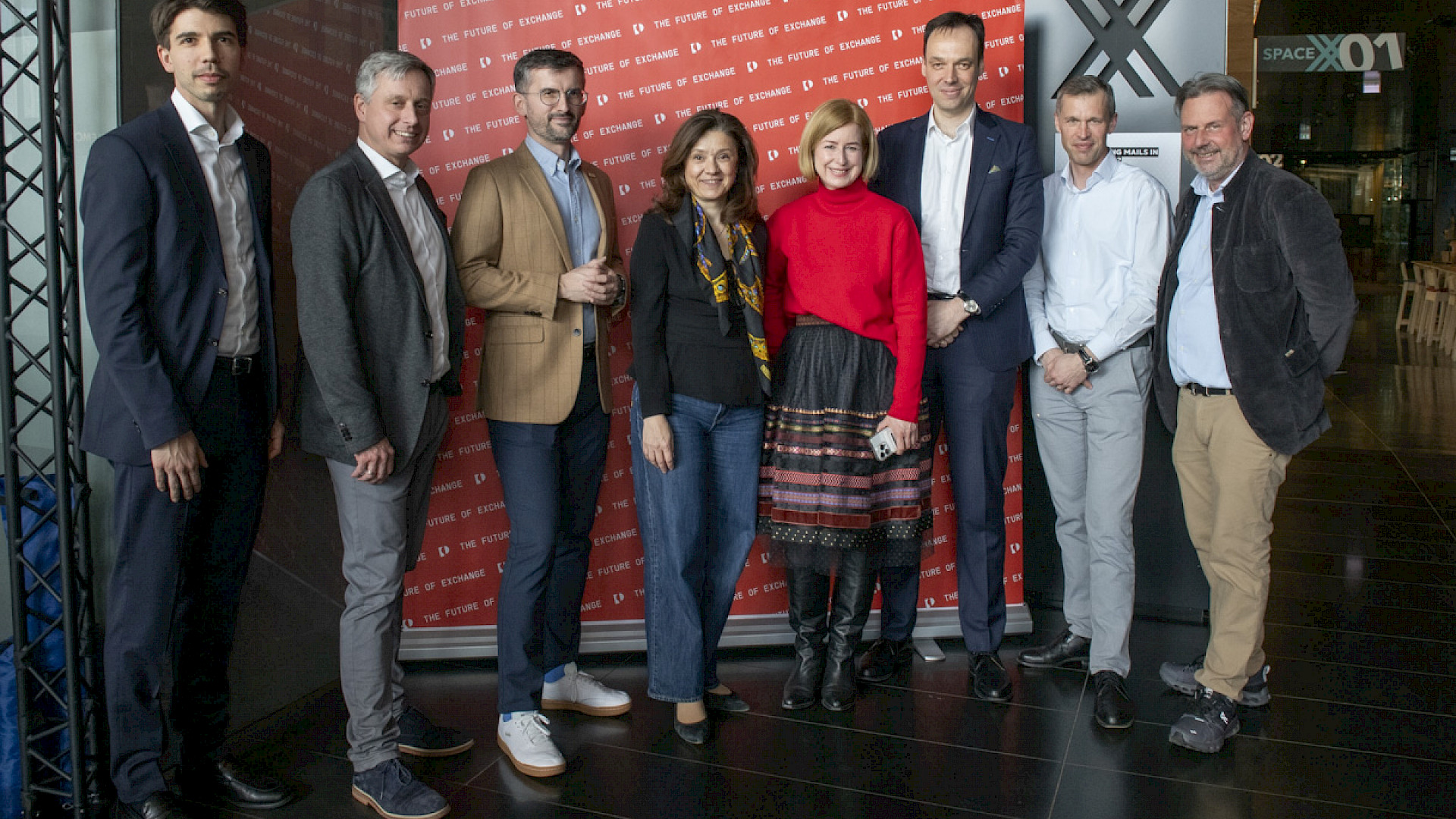
Fotos: © P19/Paris Tsitsos
About P19:
P19 is the European platform for more than 1,200 Payment Pioneers. The Payment Pioneers are a rapidly growing network working together to raise awareness of the hot topic of payments in Europe and internationally, promoting collaboration. P19 stands for exchange and innovation for a sustainable European payment industry.
For inquiries:
Birgit Koch
p19@kraftkinz.com
+43 (0) 664 1115868
Gloriettegasse 13
1130 Vienna
About P19:
P19 is the European platform for more than 1,200 Payment Pioneers. The Payment Pioneers are a rapidly growing network working together to raise awareness of the hot topic of payments in Europe and internationally, promoting collaboration. P19 stands for exchange and innovation for a sustainable European payment industry.
For inquiries:
Birgit Koch
p19@kraftkinz.com
+43 (0) 664 1115868
Gloriettegasse 13
1130 Vienna
Receive updates from
Payment Pioneers
directly in your inbox
